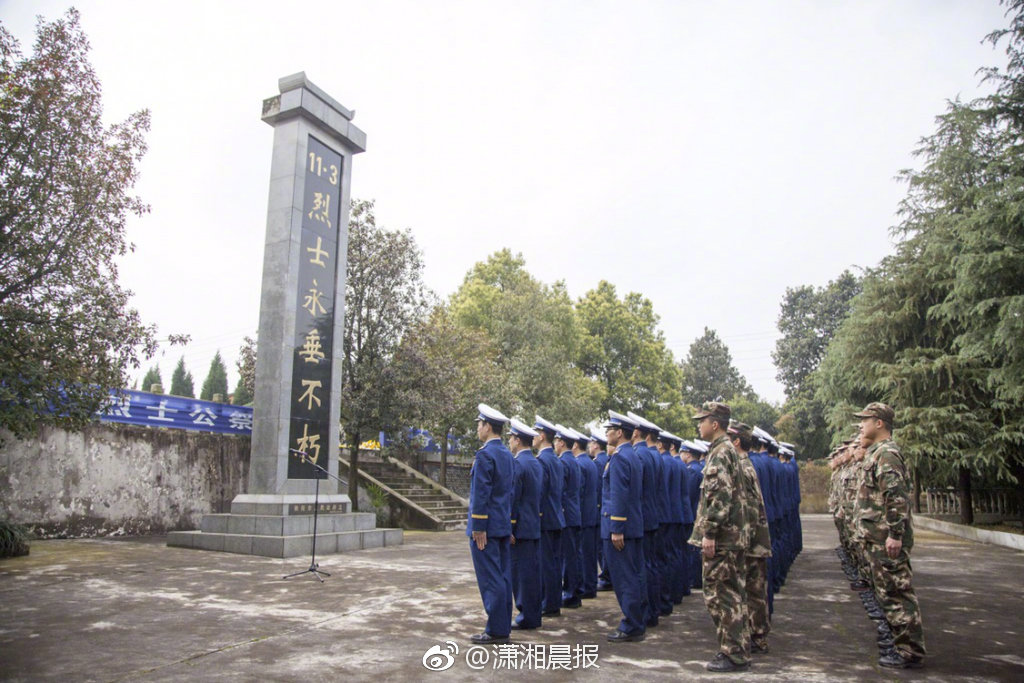
Bingo Plus stock-APP, download it now, new users will receive a novice gift pack.
UEFA Champions League standings
author: 2025-01-12 09:17Hearthstone arena deck Builder
author: 2025-01-12 08:29Hearthstone Arena class tier list 2024
author: 2025-01-12 08:27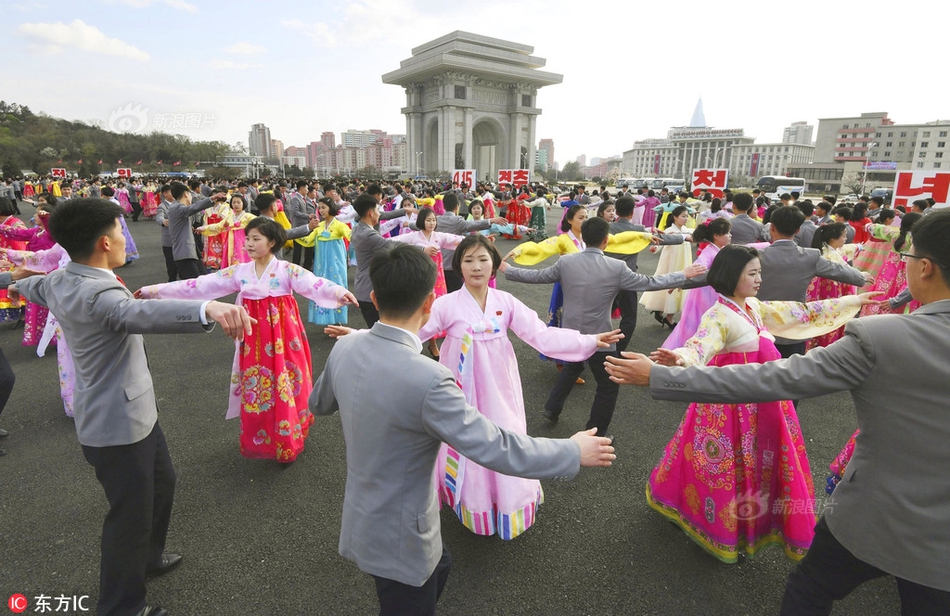 UEFA live free
UEFA live free
888.35MB
Check Champions League
Champions League
154.25MB
Check LR stock price Philippines
LR stock price Philippines
949.77MB
Check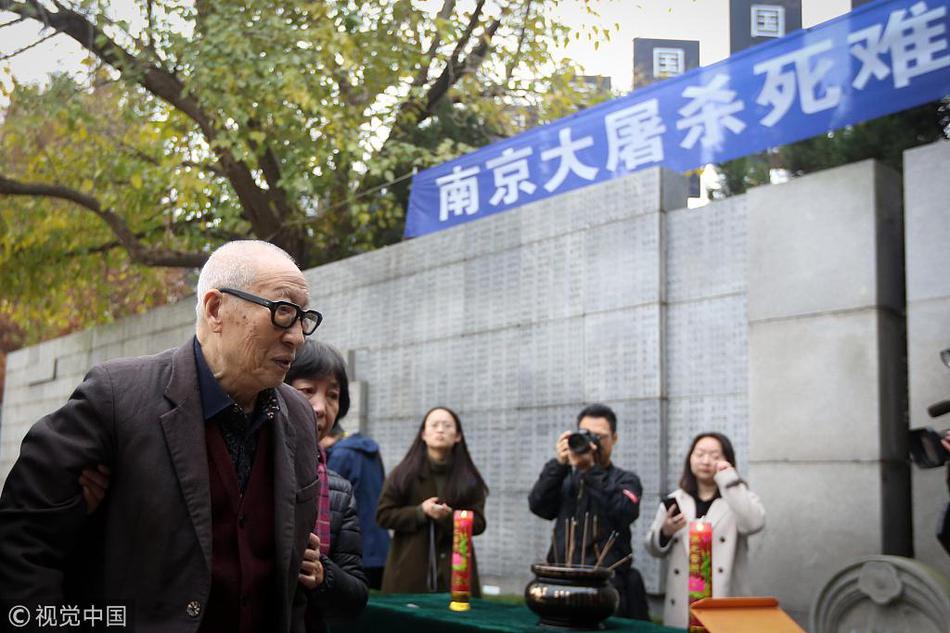 Bingo Plus
Bingo Plus
174.55MB
Check UEFA Champions League live
UEFA Champions League live
895.94MB
Check Hearthstone arena class win rates reddit
Hearthstone arena class win rates reddit
153.65MB
Check Hearthstone Arena win rate
Hearthstone Arena win rate
312.38MB
Check DigiPlus
DigiPlus
627.62MB
Check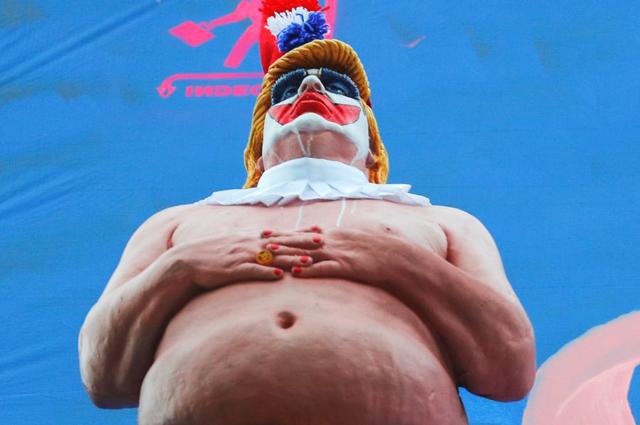 UEFA European championship
UEFA European championship
261.91MB
Check PAGCOR online casino free 100
PAGCOR online casino free 100
824.92MB
Check Casino Plus login register
Casino Plus login register
779.75MB
Check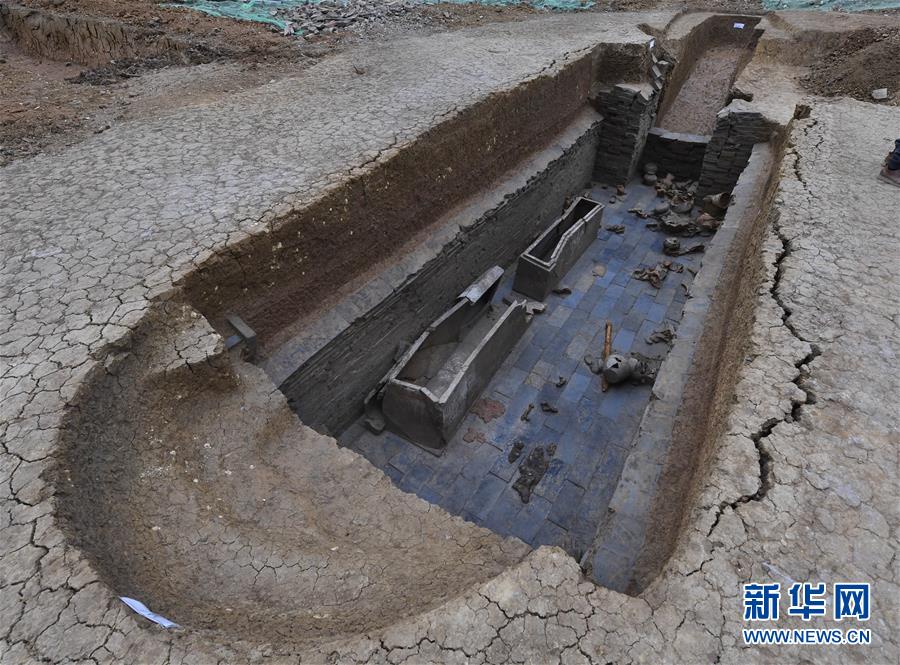 Casino Plus login register
Casino Plus login register
239.82MB
Check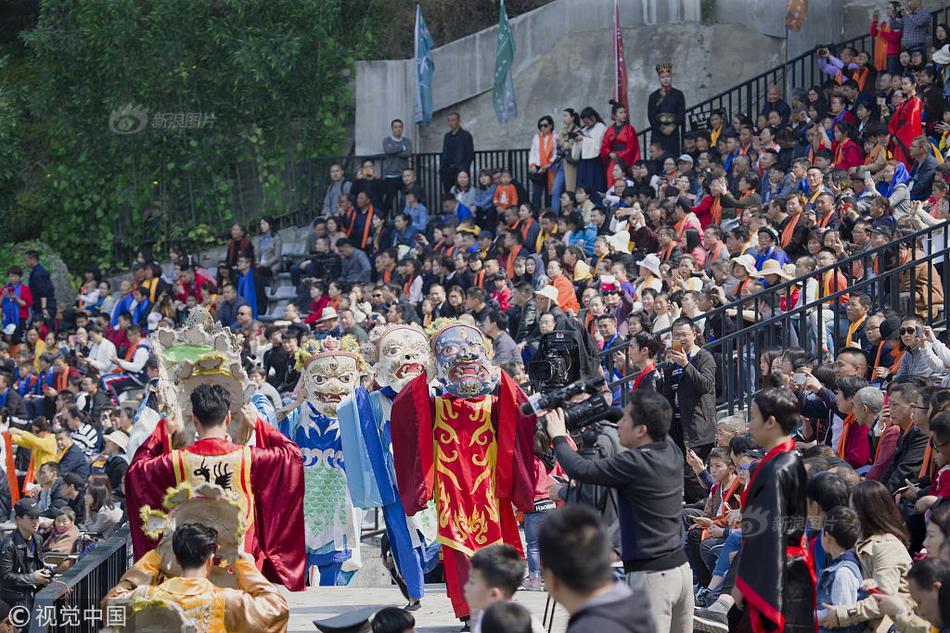 Hearthstone Arena Tier List
Hearthstone Arena Tier List
128.37MB
Check Casino redeem
Casino redeem
931.13MB
Check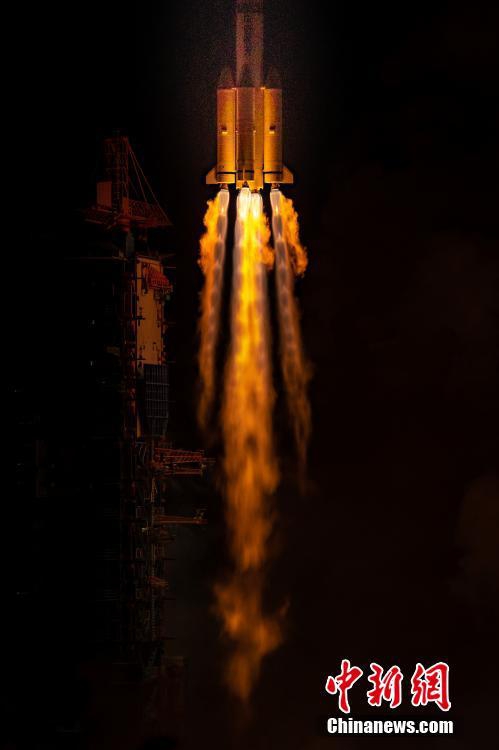 bingo plus update today
bingo plus update today
172.23MB
Check Hearthstone arena deck Builder
Hearthstone arena deck Builder
747.72MB
Check UEFA European championship
UEFA European championship
822.52MB
Check 100 free bonus casino no deposit GCash
100 free bonus casino no deposit GCash
516.97MB
Check Casino Plus login register
Casino Plus login register
574.25MB
Check 100 free bonus casino no deposit GCash
100 free bonus casino no deposit GCash
919.52MB
Check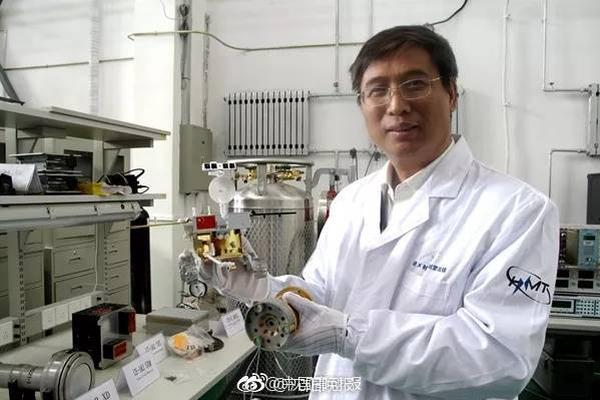 LR stock price Philippines
LR stock price Philippines
678.54MB
Check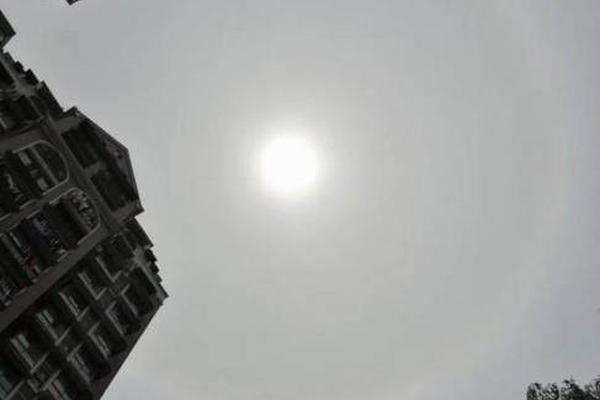 UEFA TV
UEFA TV
621.46MB
Check Hearthstone Arena win rate
Hearthstone Arena win rate
269.51MB
Check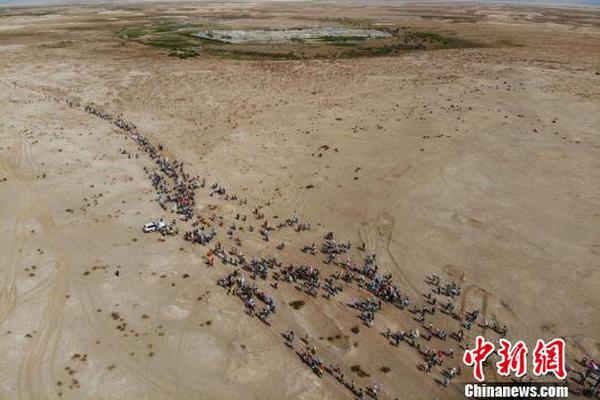 100 free bonus casino no deposit GCash
100 free bonus casino no deposit GCash
581.95MB
Check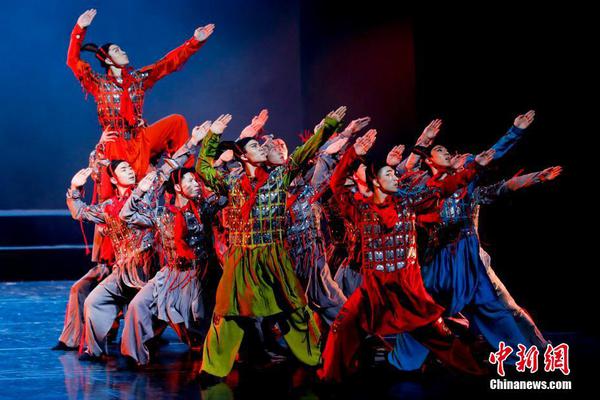 UEFA TV
UEFA TV
157.71MB
Check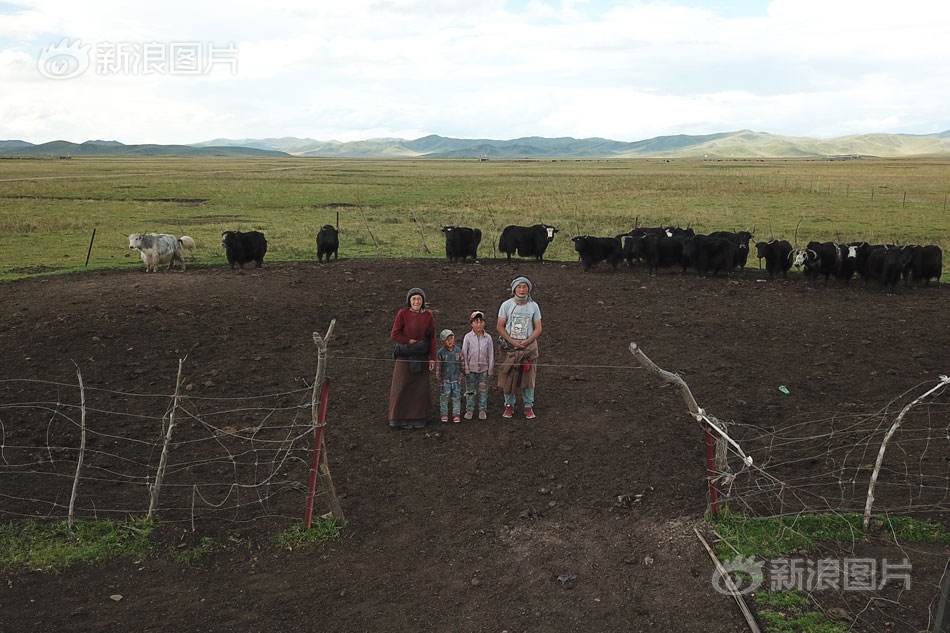 Hearthstone arena deck Builder
Hearthstone arena deck Builder
539.97MB
Check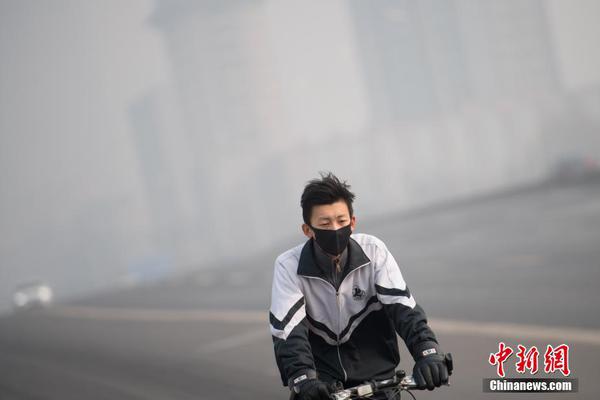 Hearthstone arena
Hearthstone arena
842.12MB
Check Arena Plus login
Arena Plus login
632.98MB
Check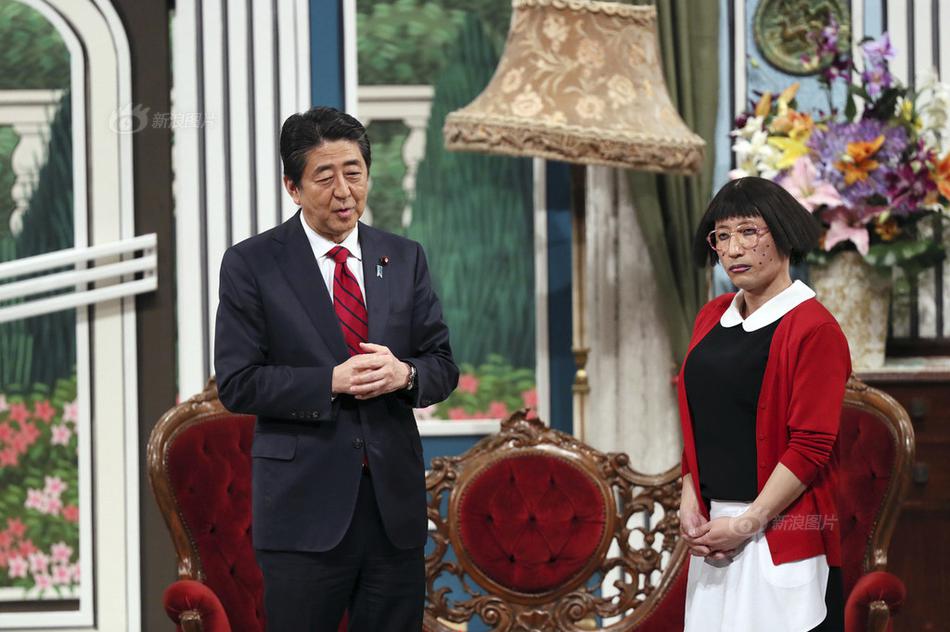 LR stock price Philippines
LR stock price Philippines
725.41MB
Check Arena Plus login
Arena Plus login
585.29MB
Check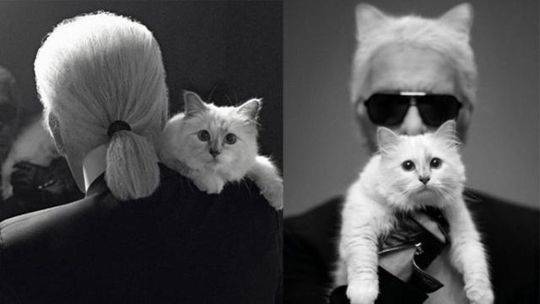 Walletinvestor digi plus
Walletinvestor digi plus
492.39MB
Check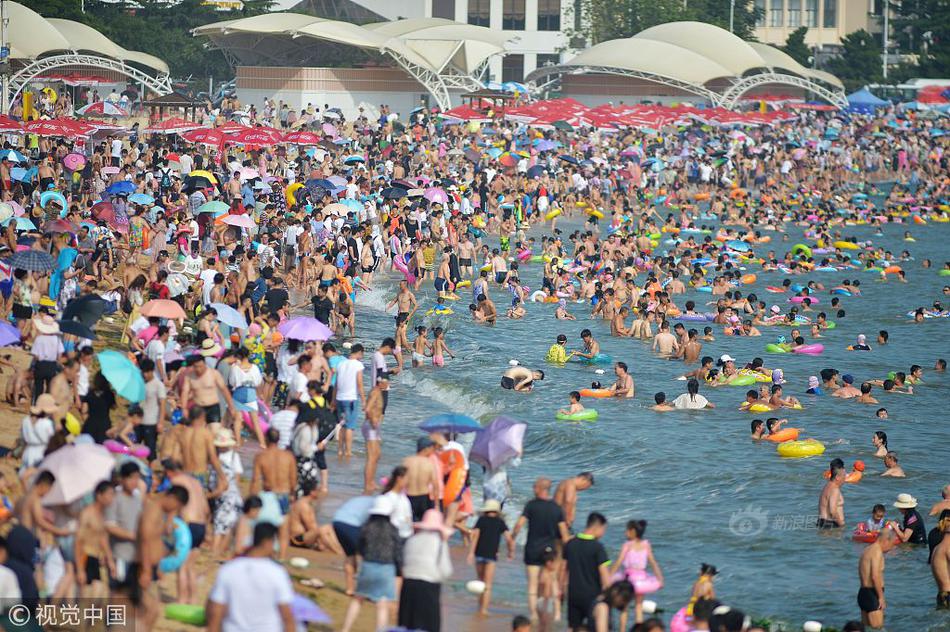 UEFA European championship
UEFA European championship
485.18MB
Check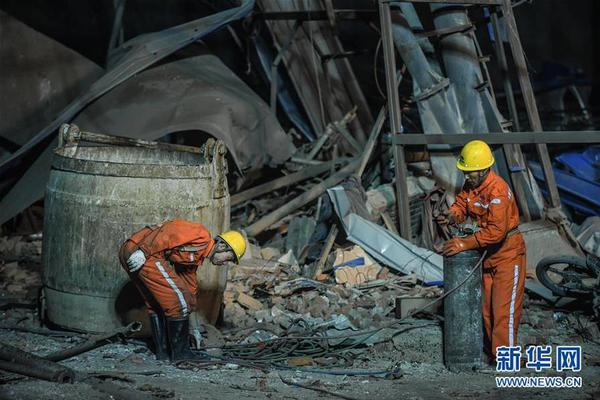 Casino free 100 no deposit
Casino free 100 no deposit
415.62MB
Check LR stock price Philippines
LR stock price Philippines
614.98MB
Check Bingo Plus stock
Bingo Plus stock
135.98MB
Check Casino Plus login register
Casino Plus login register
635.89MB
Check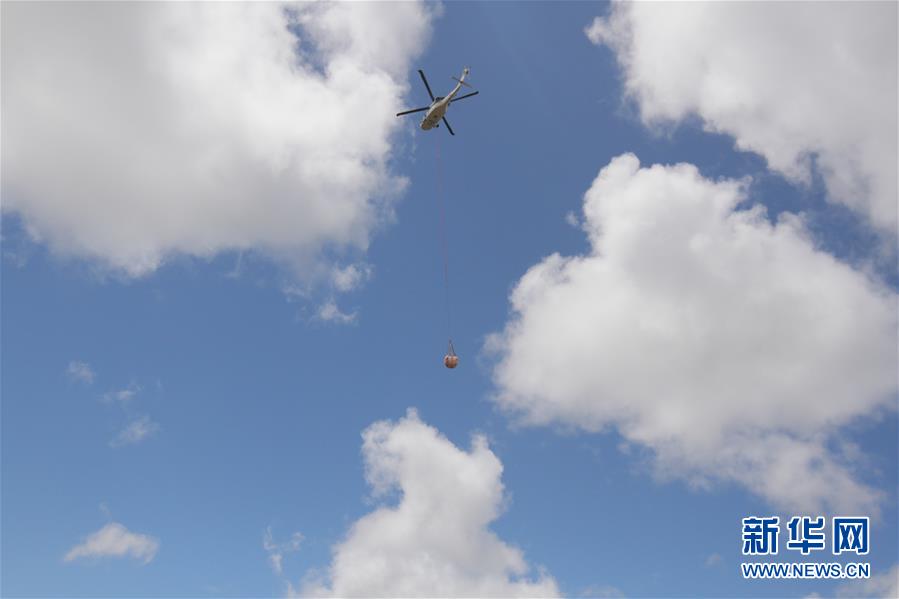
Scan to install
Bingo Plus stock to discover more
Netizen comments More
2865 DigiPlus fair value
2025-01-12 09:59 recommend
1344 UEFA TV
2025-01-12 08:50 recommend
2340 European Cup live
2025-01-12 08:19 recommend
192 100 free bonus casino no deposit GCash
2025-01-12 08:01 recommend
2703 DigiPlus fair value
2025-01-12 07:52 recommend